Photo credit: @sparksinwords
Chinese contemporary fiction, with all its richness, represents a diverse range of voices that are imperative to our understanding of the world. The time has come for the stereotypical representation of China by popular culture to get debunked. Take your pick from the list below and you will be in for an incredible literary journey that will leave you feeling enriched and satiated in a way only a good book can!
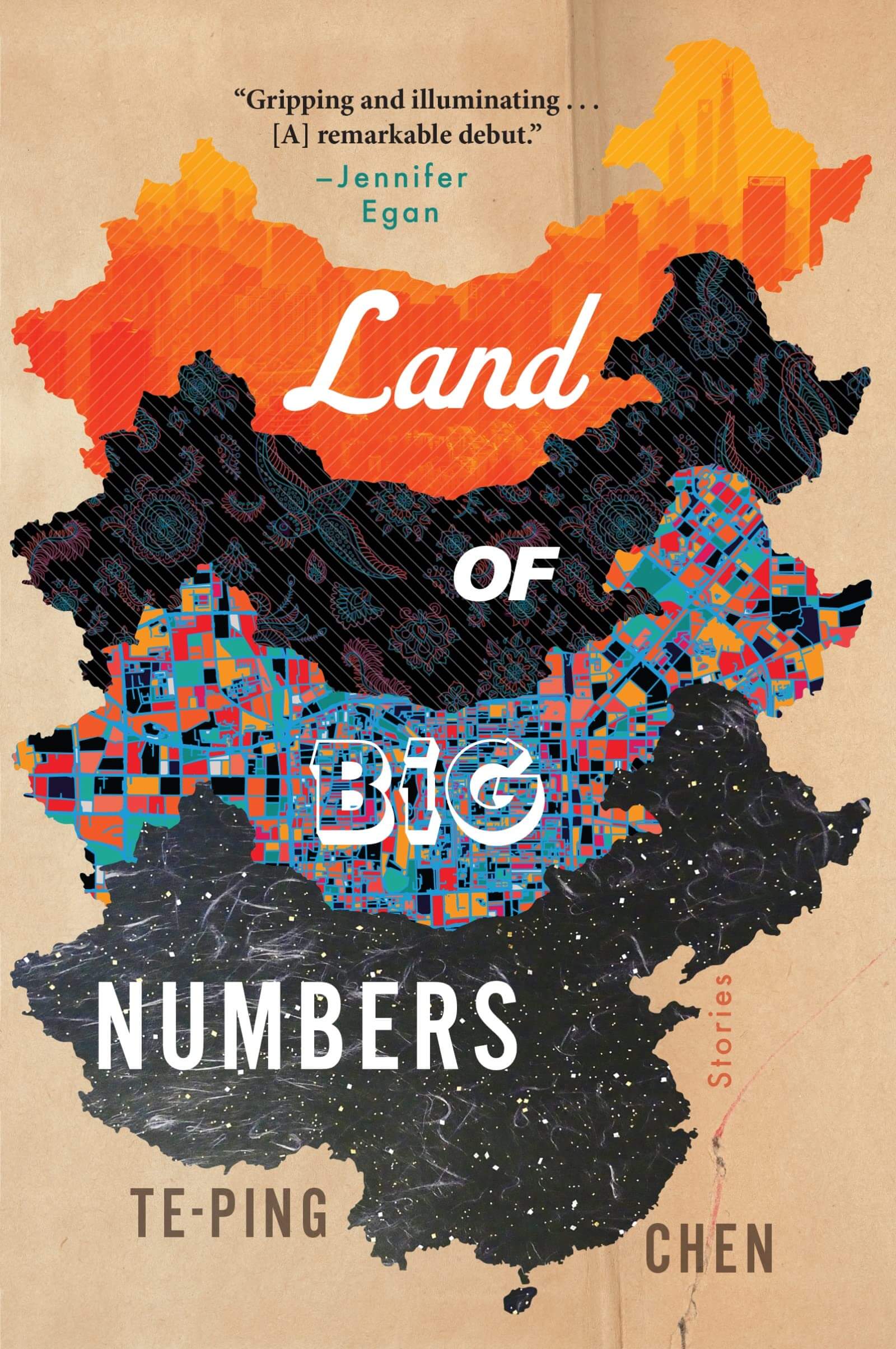
Land Of Big Numbers: Stories by Te-Ping Chen
Te-Ping Chen’s debut collection of short stories offers us glimpses into the lives of Chinese people, their role in society, their ambitions for upward mobility, and the rich histories they carry and pass onto future generations. Starting from those who have moved to the West to the individuals who cannot imagine a different home than their homeland, Chen uses magical realism to delve into their lives to give us a sense of cultural expectations that form the binding fabric of the social spaces they occupy. Poignant and deeply humane, this collection of short stories is also a remarkable social commentary on contemporary China and its diaspora.
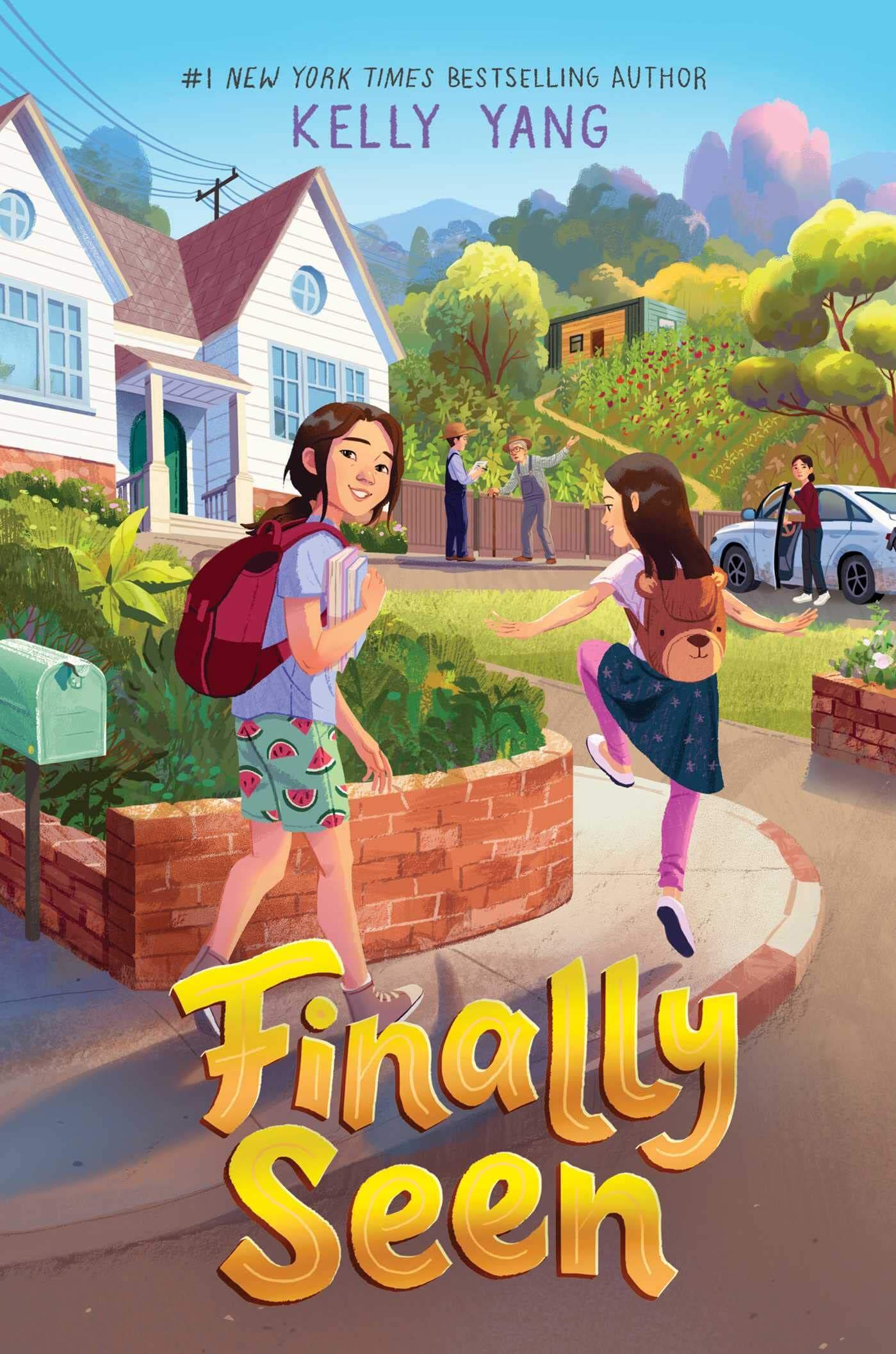
Finally Seen by Kelly Yang
Young Lina Gao comes to America for the first time to live with her parents and sister. Life in Beijing has been very different and Los Angeles both excites and intimidates her. When she mispronounces words in school, she is even more scared to make herself seen and heard. America, a place considered the land of opportunities, curtail her sense of self. She barely recognises the girl she used to be until one day an opportunity comes to stand out and outshine everyone else.
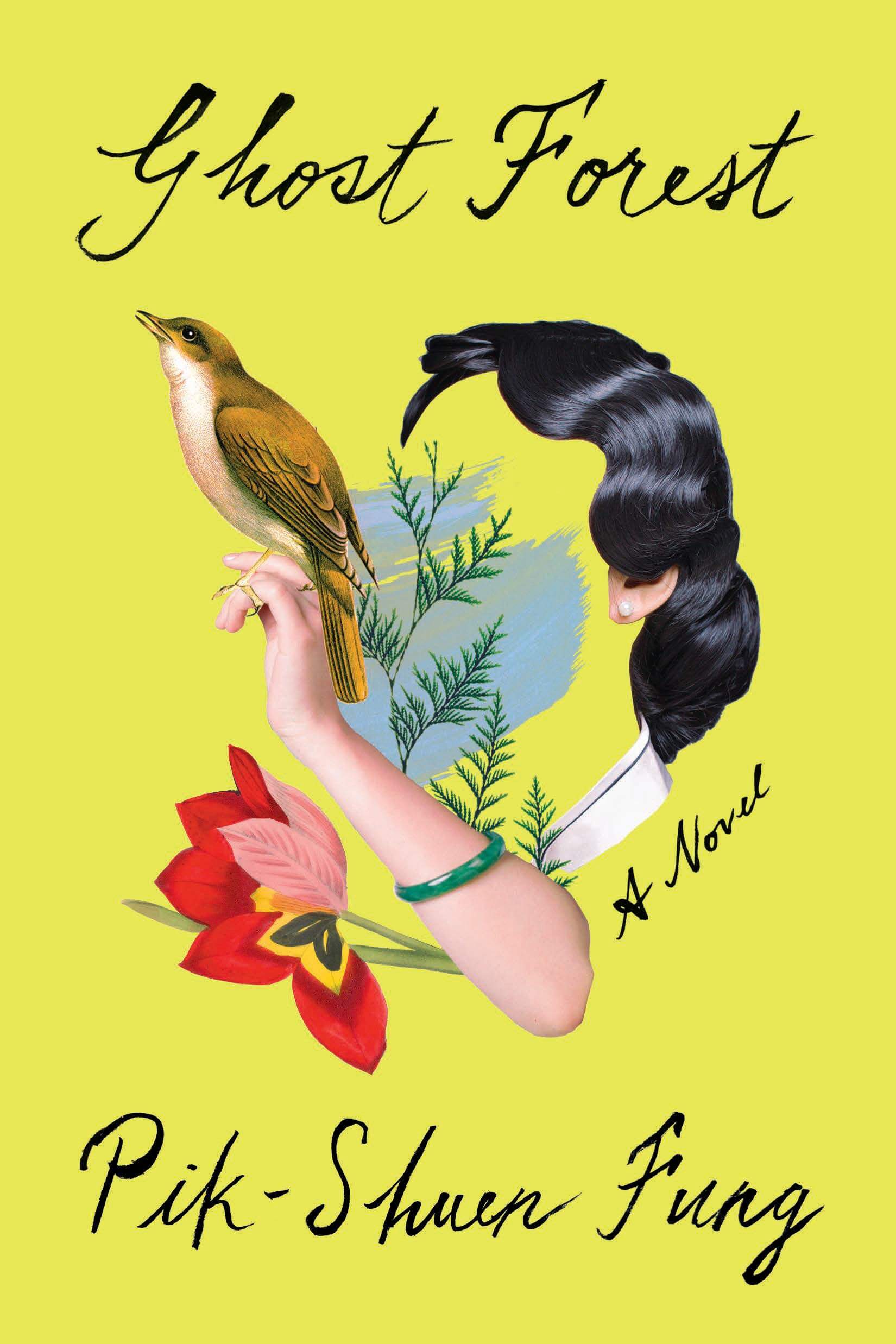
Ghost Forest by Pik-Shuen Fung
The unnamed narrator grapples with the question of grief after her father dies. He stayed back home so his wife and kids could have a better life in Canada. Her family has never truly discussed or dissected feelings and after her father’s death, she is left with many unanswered questions. When she reaches out to her mother and grandmother and makes an active effort to resolve the misunderstandings she has had with her family, she gains a more well-rounded perspective on her family’s history and in the process rediscovers herself.
Where Reasons End by Yiyun Li
This book is a haunting portrait of a mother in pain who has lost her child to suicide. The dead child’s presence is not ghostly but rather is presented in the form of a series of dialogues. The mother often feels that she is just a grieving parent inventing her child’s presence in her head, so the mother’s and child’s voices are often intertwined. The mother’s grief is universal, raw, and uncensored which will leave the readers with a lingering sadness about the strange operations of the world.
The Seventh Day by Yu Hua (translated by Allan H. Barr)
Yang Fei is adopted by a loving young man who raises him as best as he can. But his love doesn’t protect the child from the tumultuous world and he is soon standing face to face with harsh adversities. He is forced to the fringes of the society. His sense of belonging is shaky in a country that is also struggling to define itself. There is no relief for him even after his death. As he takes stock of the life he has lived, he is plagued by questions of human suffering and why most of it is about losing our loved ones.
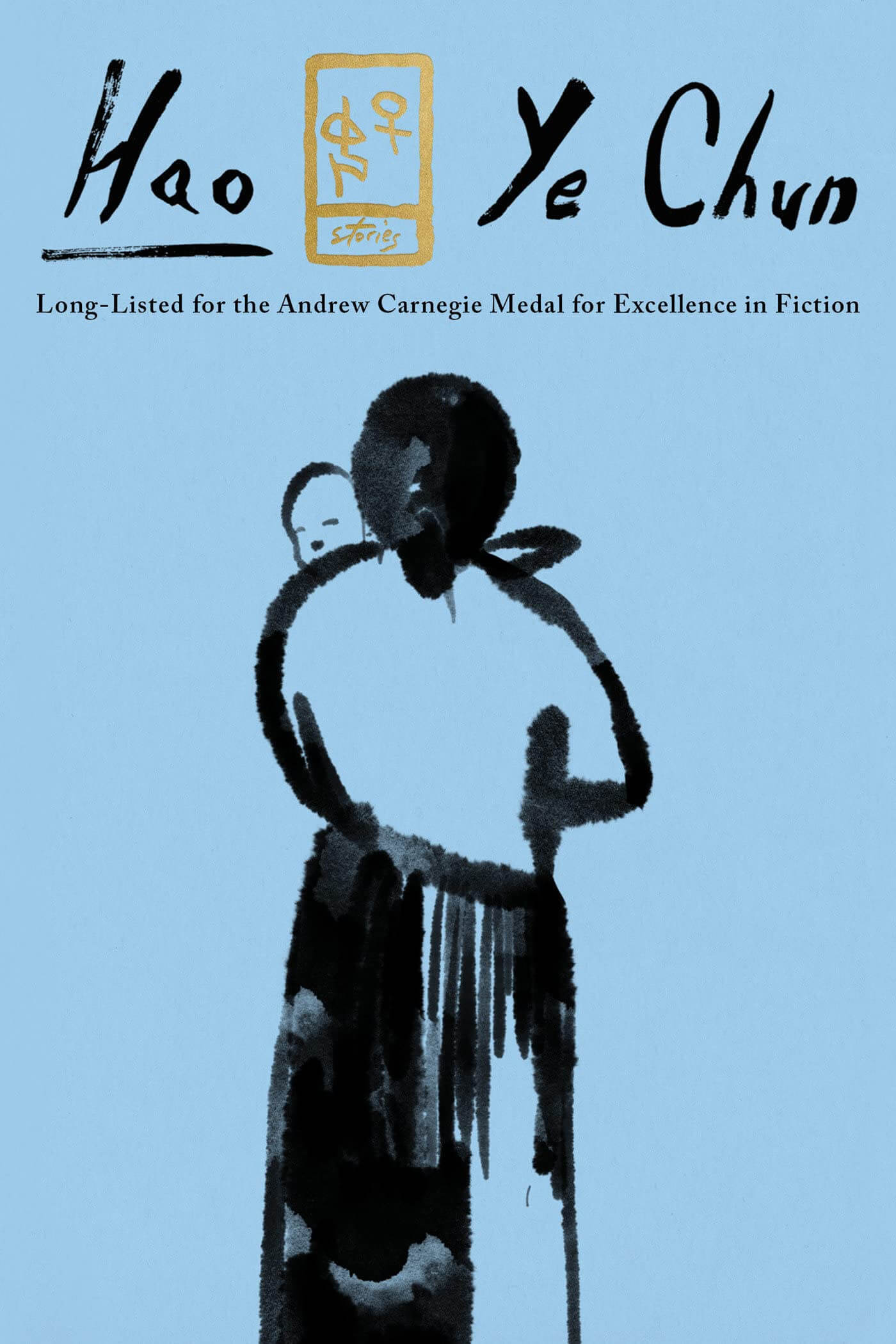
Hao: Stories by Ye Chun
This collection of short stories takes us across decades and generations to depict how language and trauma always overlap. From the chaos of riots to the warmth of mothers, this book covers multiple themes to capture the universal human experience. Chun explores the vocabulary that surrounds us every day and what happens when that is suddenly taken away from us. Chun also makes us ponder how we are often slavishly bound to language. What are we left with and who do we become when we no longer have words to define our way of being?
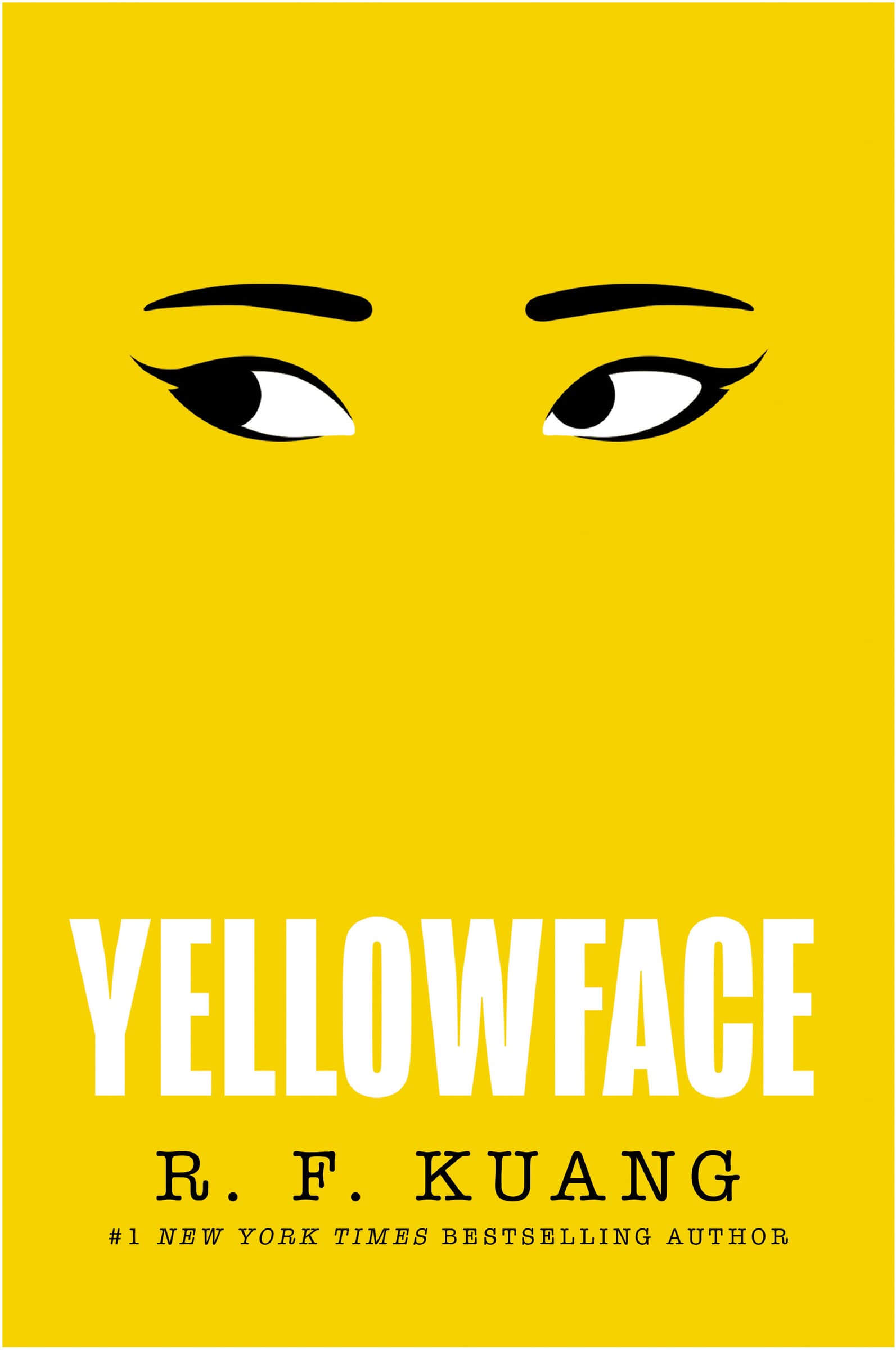
Yellowface by R. F. Kuang
June and Athena are supposed to be superstars of the literary industry. But Athena’s success surpasses June’s leaving the latter with mixed feelings. June feels her stories about white women are just not trendy enough. So, when Athena dies, June steals her work. Athena’s experimental work about Chinese labourers earns June accolades but what is the price of stealing someone else’s intellectual property? How far will June go to prevent her downfall and safeguard her secret?
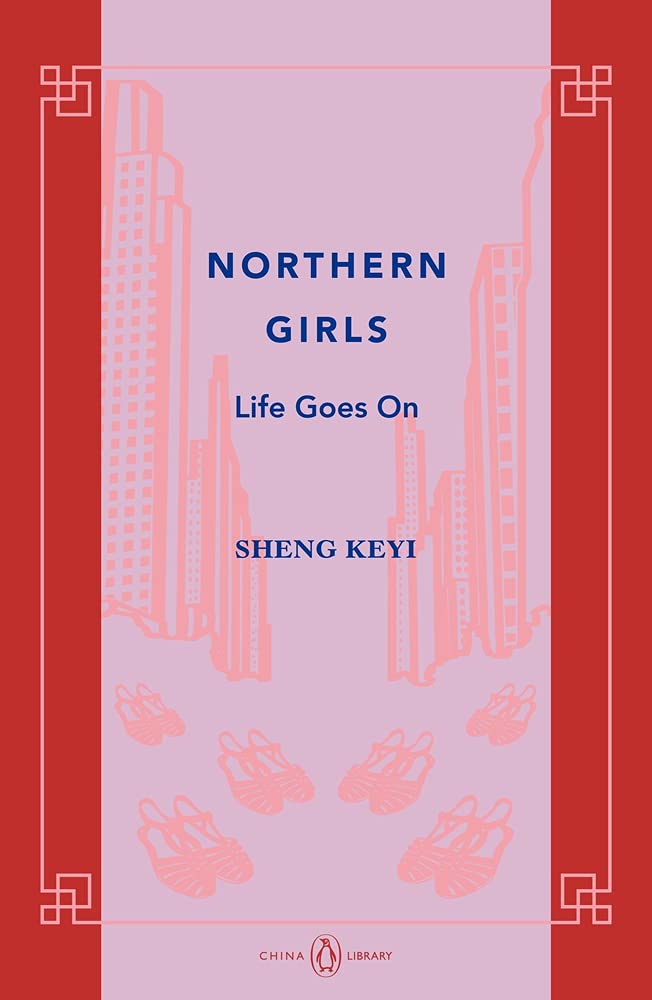
Northern Girls by Sheng Keyi (translated by Shelly Bryant)
Sixteen-year-old Qian Xiaohong leaves her quiet town to move to Shenzhen. Trying to find her footing in a world that is constantly changing and mostly unkind is incredibly difficult. Tragedy strikes and bad luck follows her wherever she goes. When she is sucked more and more into the vortex of hardships, she finds solace in her fellow female migrants who have also left their towns in search of a better future. Through the trials and tribulations of life, Qian Xiaohong comes closer to her authentic self.
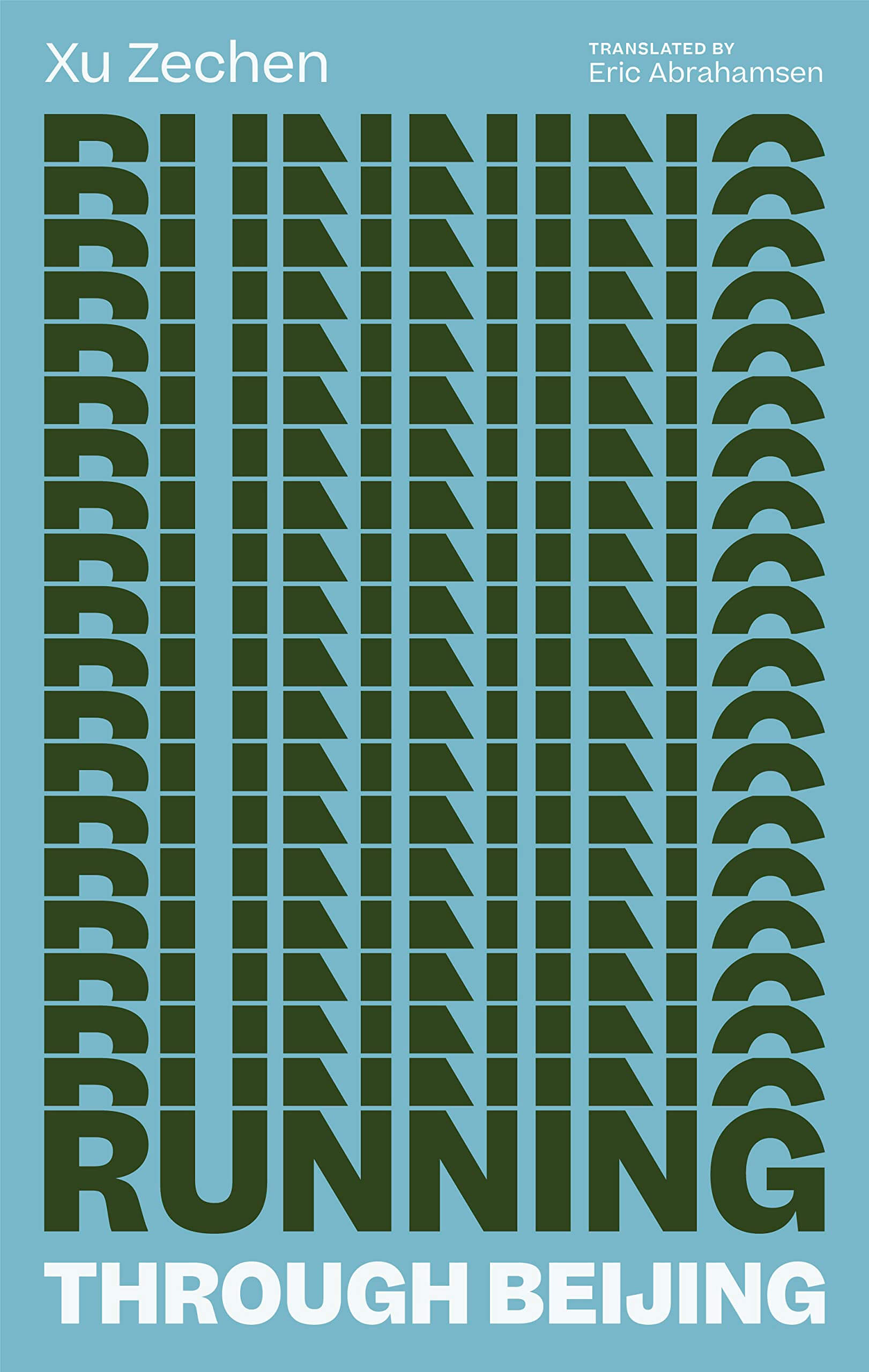
Running Through Beijing by Xu Zechen (translated by Eric Abrahamsen)
Dunhuahg after getting out of prison finds himself in a pickle. He has no money or home to resort to. Things get further complicated when a new romance enters his life. This book divulges to the readers a side of China that hasn’t caught the attention of the Western world, hence it is yet to be sensationalized. Zechen introduces us to hard-hitting topics like the state of Chinese prisons, alcoholism, pornography, and the like. Our hero may or may not be a likeable character but his story of survival will resonate with everyone.
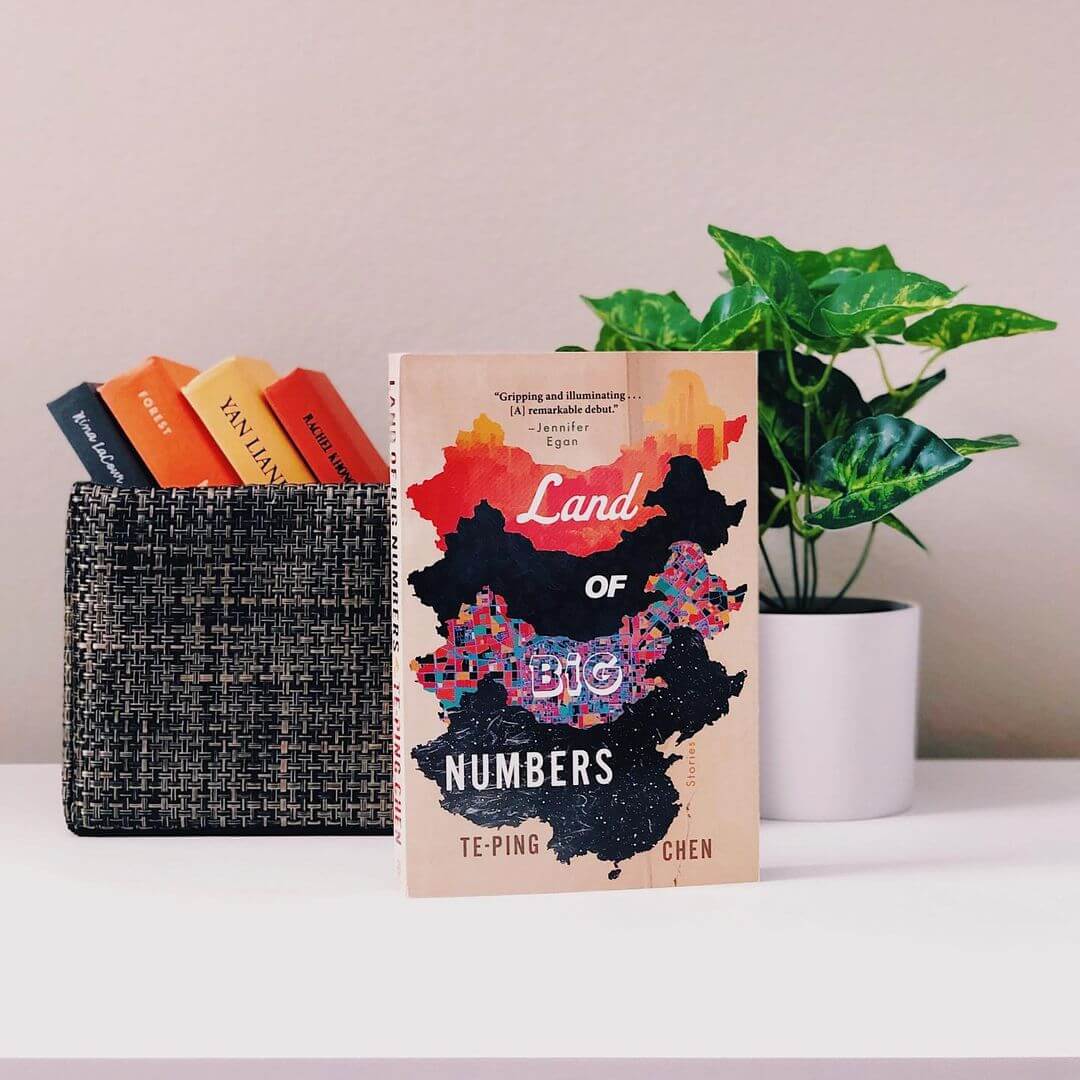
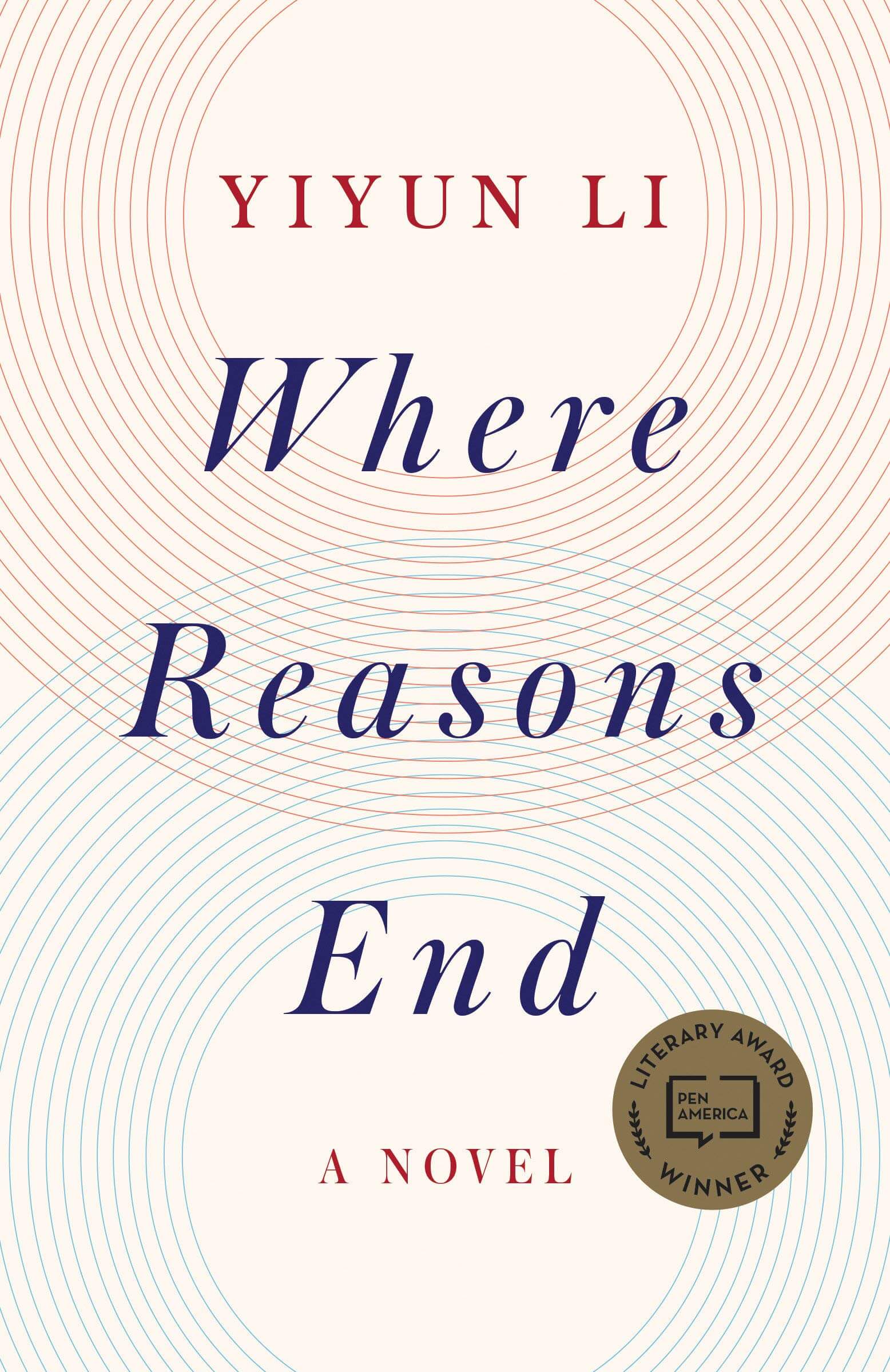
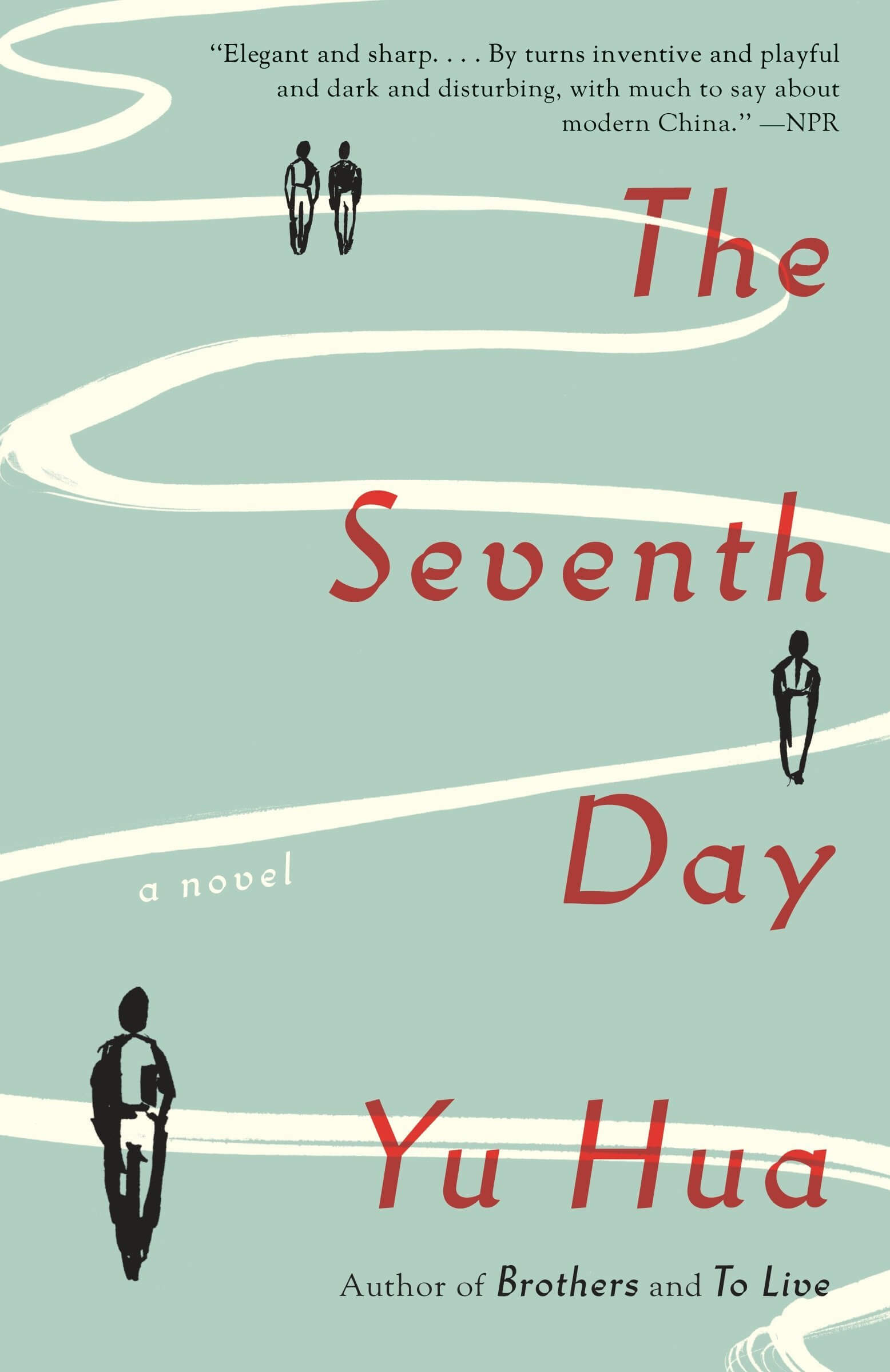




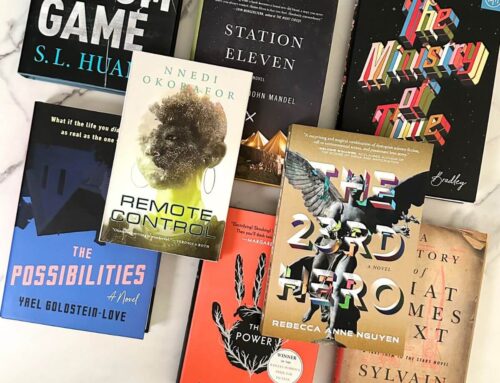

Leave A Comment